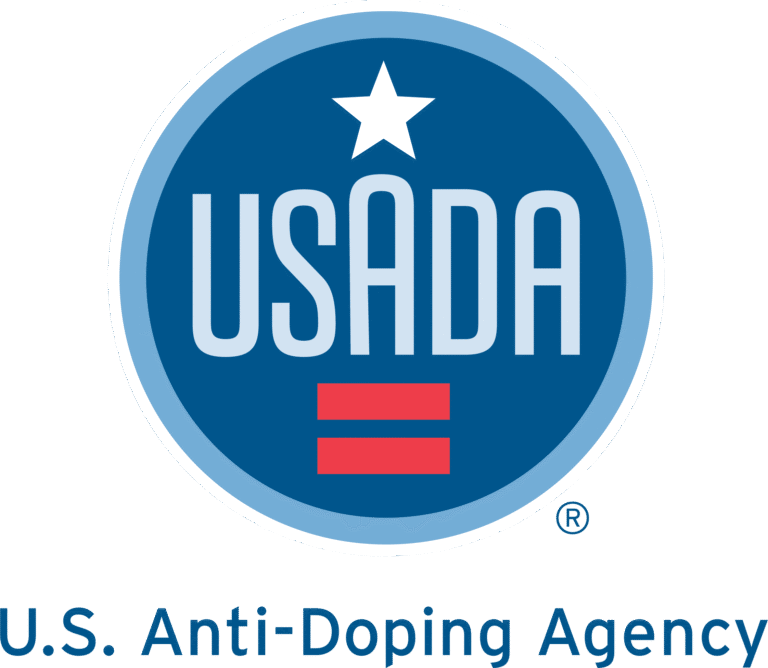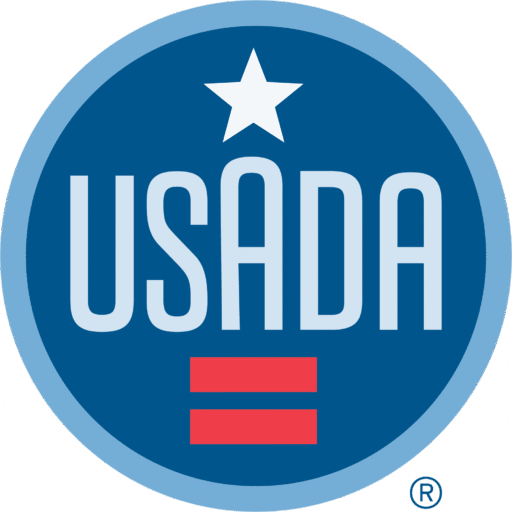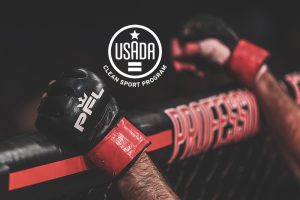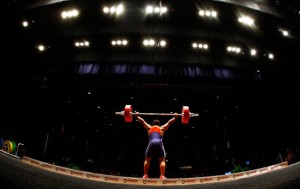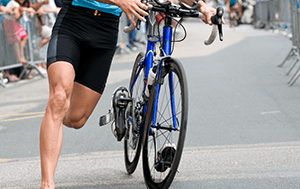 USADA announced today that William (Bill) Beyer of Reston, Va., an athlete in the sport of triathlon, has accepted a two-year sanction for his anti-doping rule violation.
USADA announced today that William (Bill) Beyer of Reston, Va., an athlete in the sport of triathlon, has accepted a two-year sanction for his anti-doping rule violation.
Beyer, 56, violated the applicable anti-doping rules through his possession and use of testosterone beginning in August 2010. Testosterone is a non-Specified substance in the class of Anabolic Agents and prohibited at all times under the USADA Protocol for Olympic and Paralympic Movement Testing, the United States Olympic Committee National Anti-Doping Policies, and the International Triathlon Union Anti-Doping Rules, all of which have adopted the World Anti-Doping Code and the World Anti-Doping Agency Prohibited List.
During USADA’s investigation, which was done in coordination with Ironman®, Beyer immediately acknowledged using testosterone. After a thorough review of the available information, including Beyer’s medical records, USADA accepted his explanation that the prohibited substance was contained within a prescribed medication he was taking in a therapeutic dose under the care of a qualified physician. However, Beyer lacked a valid Therapeutic Use Exemption (TUE).
Although an athlete may be prescribed a prohibited substance by a physician, it is important to understand that a prescription in and of itself is not adequate evidence to authorize the use of a prohibited substance in sport. Under the USADA TUE Policy, an athlete has the responsibility to demonstrate through detailed medical records in advance of using a prohibited substance that the treatment for a diagnosed condition is medically legitimate in accordance with best practices, that permitted alternatives were considered, and that the treatment only returns the athlete to a normal state of health while not creating a performance enhancing advantage. Testosterone, as a potent anabolic agent, has a high potential to be abused in sport, and athletes are consequently required to demonstrate not only unequivocally low testosterone measurements, but also evidence of an organic cause of primary or secondary hypogonadism rather than simply functional or transient causes.
Beyer’s two-year period of ineligibility began on April 14, 2017, the date he admitted his violations. In addition, Beyer has been disqualified from all competitive results obtained on and subsequent to August 16, 2010, the approximate date he began using testosterone, including forfeiture of any medals, points, and prizes.
In an effort to aid athletes, as well as all support team members such as parents and coaches, in understanding the rules applicable to them, USADA provides comprehensive instruction on its website on the testing process and prohibited substances, how to obtain permission to use a necessary medication, and the risks and dangers of taking supplements as well as performance-enhancing and recreational drugs. In addition, USADA manages a drug reference hotline, Global Drug Reference Online (www.GlobalDRO.com), conducts educational sessions with National Governing Bodies and their athletes, and proactively distributes a multitude of educational materials, such as the Prohibited List, easy-reference wallet cards, periodic newsletters, and protocol and policy reference documentation.
Along with education and testing, robust anti-doping programs enable investigations stemming from tips and whistleblowers. USADA makes available a number of ways to report the abuse of performance-enhancing drugs in sport in an effort to protect clean athletes and promote clean competition. Any tip can be reported using the USADA Play Clean Tip Center, by email at playclean@usada.org, by phone at 1-877-Play Clean (1-877-752-9253) or by mail.
USADA is responsible for the testing and results management process for athletes in the U.S. Olympic and Paralympic Movement, and is equally dedicated to preserving the integrity of sport through research initiatives and educational programs.
For more information or media inquiries, click here.
